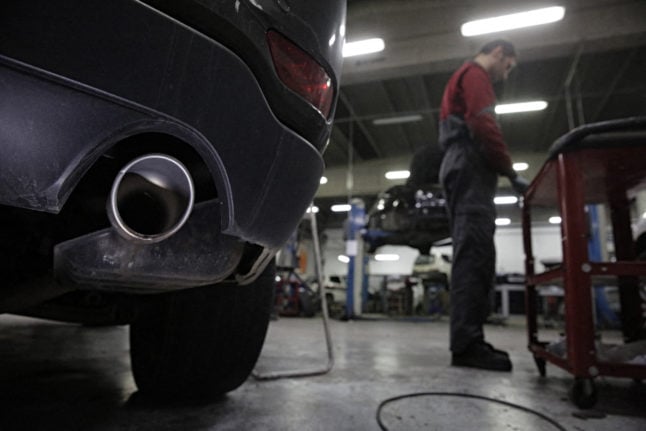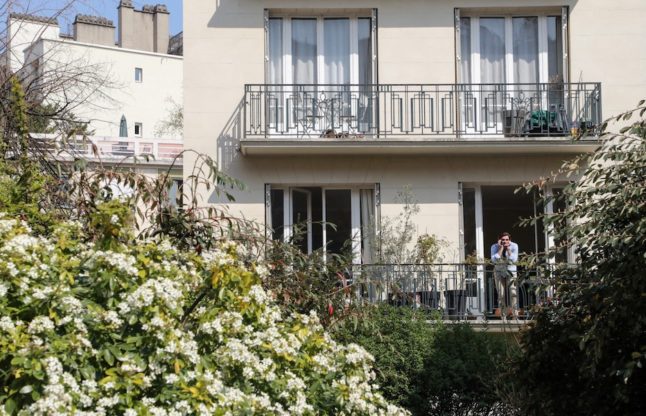Since January 1st 2024 France has extended the ‘surtaxe‘ it charges on heavy vehicles to all those that weigh 1.6 tonnes or more – which would include most medium and large SUVs or 4x4s currently on the market.
France already imposed a levy on vehicles weighing more than 1.8 tonnes (1,800kg) but this has now been extended to vehicles weighing more than 1.6 tonnes (1,600kg).
The extra tax is charged at €10 per kg for vehicles up to 2.1 tonnes and €30 per kg for vehicles heavier than 2.1 tonnes – adding up to roughly €16,000 to the cost of a medium-sized SUV.
There are some exemptions, including for vehicles that are wheelchair accessible and vehicles registered by disabled drivers. Electric vehicles and hydrogen vehicles are also exempt from this tax.
The intention is to dissuade drivers from buying heavier SUVs which create more pollution than comparable small cars and also have create a higher risk for pedestrians and cyclists if they are involved in a collision.
Over the past year, several city authorities have taken measures to dissuade drivers from buying SUVs – Lyon has introduced extra parking charges for heavy vehicles while Paris is holding a referendum next month on similar measures. Grenoble, too, is set to increase higher parking fees for heavier vehicles from March 1st.
The government has also increased its levy on high-polluting vehicles.
Vehicles that produce more than 118 grams of CO2 per kilometre face a €50 extra tax, revised down from vehicles that produced 123g CO2/km.
Vehicles that produce 141g/km face a €1,000 tax charge and those that produce more than 193g/km face a €60,000 fee.
Find full details on the new tax levels here.



 Please whitelist us to continue reading.
Please whitelist us to continue reading.
Member comments